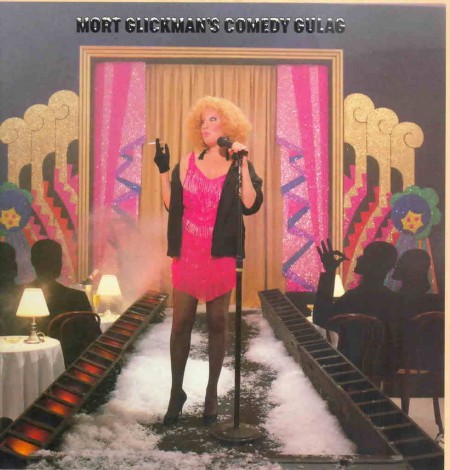
The Hollywood Reporter
film reporter
By Gregg Kilday
Photo Scan: Thanks Divine Dutchie Sara
“Was it all just a dream?” Michael Moore asks in his voice-over narration at the beginning of “Fahrenheit 9/11.” “Did the last four years really happen?”
It’s one of the few memorable lines likely to have lodged in the minds of moviegoers during summer 2004. In fact, reflecting on the summer’s onslaught of big-budget blockbusters as well as the more routine multiplex fodder, it’s tempting to paraphrase Moore. Looking back on the film scene, you have to wonder, “Was it all just a dream? Did the last four months really happen?”
Yes, as the studios tote up their final tallies, overall boxoffice appears headed for a record haul in the $3.4 billion range. And yet, as cultural commodities, this summer’s slate seems almost instantly forgettable as if it were fast food for the mind that disappeared as soon as it was consumed.
In part, the blame lies on Hollywood’s over-reliance on sequels and remakes. “Shrek 2” and “Spider-Man 2,” the two top grossers, earned purses that amount to $437 million and $366 million, respectively. But for all their merits — both critical and commercial — they inevitably lacked the shock of the new. Political cartoonists, for example, seized upon both Spidey and Shrek when they first appeared, but the second time around — except for all the promotions and advertising that preceded their arrival — the two characters just didn’t command the same degree of attention.
Similarly, the new versions of “The Stepford Wives” and “The Manchurian Candidate” didn’t match the impact of the originals. The 1962 “Candidate” may not have been a hit upon its release, but over the years, especially through its exposure on TV, it left indelible impressions like Angela Lansbury’s villainous pairing with the Queen of Diamonds. In retrospect, the 1975 adaptation of Ira Levin’s novel “The Stepford Wives” may now look dated, but it was so in sync with the emergence of the women’s movement in the ’70s that it lent a catchphrase to the language.
But though Jonathan Demme’s “Candidate” seemed eerily prescient as its characters spoke in up-to-the-minute buzzwords straight out of the current presidential campaigns, it lacked the clear lines — of both visuals and plot — of John Frankenheimer’s film. Frank Oz’s “Stepford” had some good jokes — like Bette Midler wearing reindeer horns as she suffers through an insufferable Christmas singalong — but its plot zigzagged all over the place, and Glenn Close’s unveiling as a Martha Stewart-run-amok just didn’t pack the same threat as Patrick O’Neal’s original villain.
Sequels and remakes aside, there is another, possibly even more crucial reason why this summer’s movies lacked lingering impact: Most of them just didn’t hang around long enough. More and more effort is being put into squeezing as much business as possible out of an opening weekend — both “Shrek 2” and “Spider-Man 2” reached new levels of saturation by opening in more than 4,000 theaters each. And in turn, there have been bigger second-weekend drops for the average wide release because moviegoers — like hungry, if undernourished, locusts — consume a new film almost as soon as it hits theaters. It’s as if word-of-mouth doesn’t even have the opportunity to become much of a factor.
Unlike television, where even limited-run series hang around for weeks at a time, this summer’s movies — with such exceptions as “Fahrenheit” or the subversive sleeper “The Notebook” — generated few lasting conversations or catchphrases. Donald Trump has had so many opportunities to bark “You’re fired!” on “The Apprentice” that the phrase has become a staple of pop culture. By contrast, this summer’s movies came and went so quickly, they barely left an echo in their wake.






